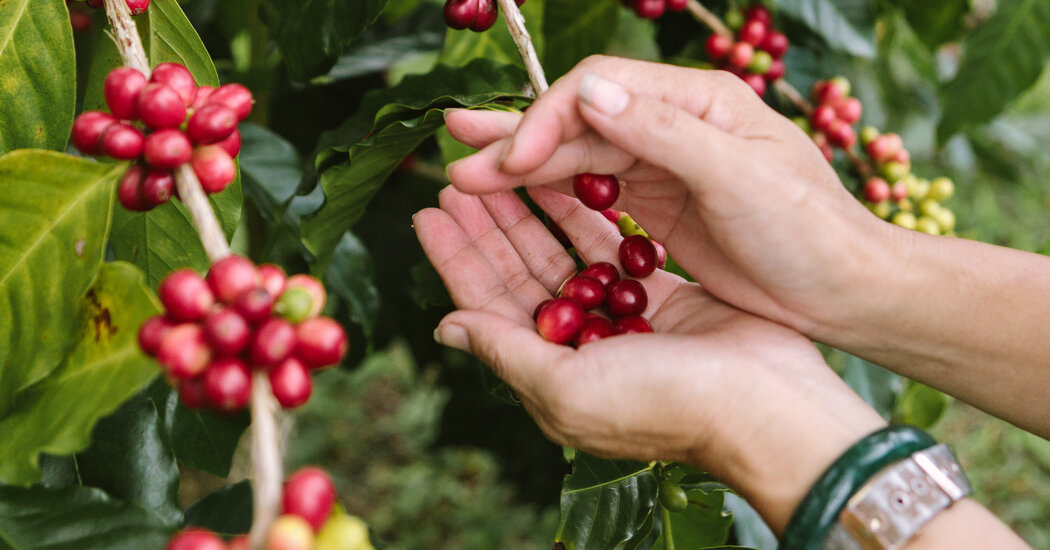
On the volcanic slopes of Hawaii’s Big Island, hundreds of farmers in the Kona region produce one of the most expensive coffees in the world.
Those farmers recently won a series of settlements — totaling more than $41 million — after a nearly five-year legal battle with distributors and retailers that were accused of using the Kona name in a misleading way.
The class-action lawsuit, aided by a novel chemical analysis of coffee from Hawaii and around the world, prompted some companies to include the percentage of authentic Kona beans on product labels. The plaintiffs said they hoped the hefty settlements — the last of which will likely be paid this spring — would deter others from selling fake Kona.
“There are probably many, many more marketers of coffee who have misused geographic names in marketing, and this will be a disincentive,” said Bruce Corker, who owns the Rancho Aloha coffee farm in the Kona district.
Mr. Corker practiced law in Seattle until 2001, when he and his wife moved to Hawaii. He had learned to grow coffee three decades earlier while in the Peace Corps in Colombia.
Kona coffee, known for its mellow and sweet notes, thrives in the mineral-rich soil. The plants receive lots of rain, and the land’s incline provides excellent drainage. Red cherries are picked by hand and “pulped” to separate the seeds, which are dried in the sun. Milling then produces green coffee beans for roasting.



